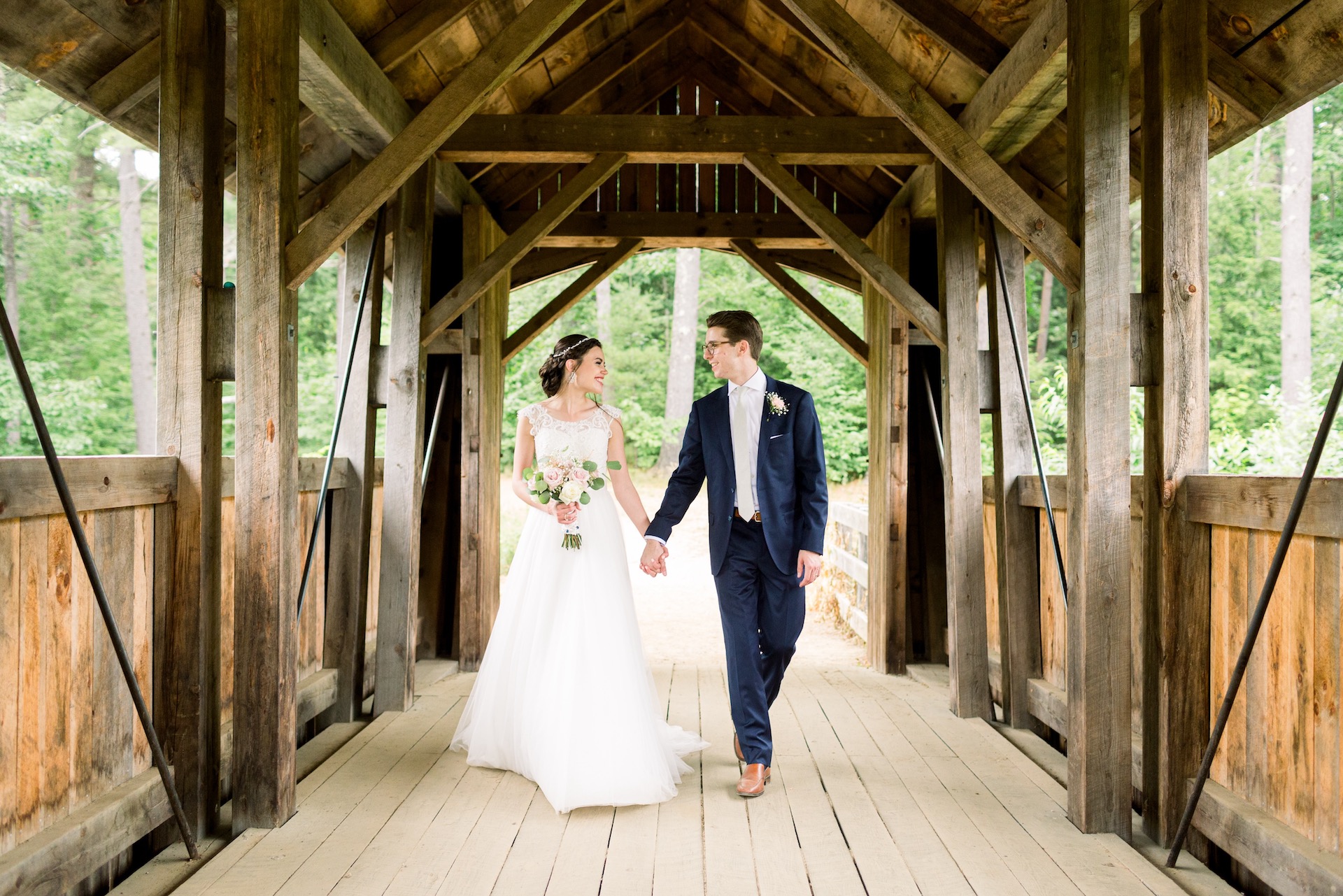As a young actress in college, I was taught that acting was both a representation of the truth under imaginary circumstances and a gift of self. Enraptured by this idea, I sought to embody this belief within my performances, working hard to give my best self on stage and bring beauty and joy into the lives of my audiences. Though my undergraduate performing days are now past, the formation that acting gave me became the root for my future development as an adult and the inspiration behind my passion for education.
Enter Mihaly Csikszentmihalyi (its a mouthful,I know).
“The best moments in our lives are not the passive, receptive, relaxing times… The best moments usually occur if a person’s body or mind is stretched to its limits in a voluntary effort to accomplish something difficult and worthwhile” (Csikszentmihalyi, 1990, p.3)
While preparing for a performance of Shakespeare’s Love’s Labor Lost during my sophomore year of college, my director introduced me to the author of this quote and his theory of Flow. Csikszentmihalyi describes Flow as a state in which one completely loses track of time, lost in the pursuit of a goal that both fits one’s current abilities while simultaneously challenging them. My director encouraged us to use this theory within our rehearsals, urging us to eliminate all distractions and take risks that pushed us beyond our abilities. Once I learned about Flow theory, I began to apply it to my own life in simple ways. It changed my mindset about how to work and improve in many areas of my life and became the format for how I approached my rehearsals and individual study. It was the missing piece in my understanding of how to work with excellence while continuously cultivating mastery.
Fast forward to post undergrad, where I found myself beginning graduate school and planning a wedding, a combination I do not highly recommend for anyone, but this was my lot. The first year felt like one long, rough transition and I struggled to regain that work flow I had cultivated in my undergraduate years of shakespearean theatre. Theatre had been my style of work for so long that the sedentary, endless reading and writing required in graduate school did not blend well with my former work habits. Plus, wedding planning didn’t make it any easier.
I struggled in this new phase of life until a spontaneous realization gave me the chance to connect my current life circumstances with my past opportunities. While I desperately missed the flow I had found through performance, I was preparing for a new kind of performance in my life, a new character transformation I was soon to undergo. While the sacrament of marriage is quite different from a theatrical performance, there is a certain resemblance within the transformative nature of each event.
Firstly, there is immense preparation for both marriage and a dramatic performance. Both require hours of planning and replanning, asking questions, self-examination and research. Both, if done well, will change the performer into a new person. While marriage does this in a much greater way than a performance, the resemblance between the two taught me why I loved performance and how my theatre skills could continue to translate into my daily life.
Performing on stage and receiving the sacrament of marriage both require a unique kind of presence needed to give of oneself for another. When preparing for a performance, an actor spends hours upon hours rehearsing, memorizing lines, relaxing their body and studying the play at hand so that each movement, word and turn they make becomes a seamless element of a story that is alive in the moment rather than a rehearsed speech. Audience members forever marvel at an actors ability to memorize their lines, movements and facial expressions while acting like each motion has never been rehearsed. In the same way, while marriage does not require the memorization of many lines since they are directly given to you by the priest, in order to the receive the sacrament well, one must prepare heart, mind and soul so that the gift of self naturally flows from deep love of another and desire to be united totally with them.
Having been married for a little while now, though I am no expert, I can attest that married life only continues to bring me more opportunities to stretch my abilities in “a voluntary effort to accomplish something difficult and worthwhile.” Though marriage is certainly difficult at times, it is more than worthwhile. And if you are willing to give your marriage the presence required to continuously deepen your love, then you will certainly experience the satisfaction that flows from passionate self-surrender and the continuous pursuit of excellence.




